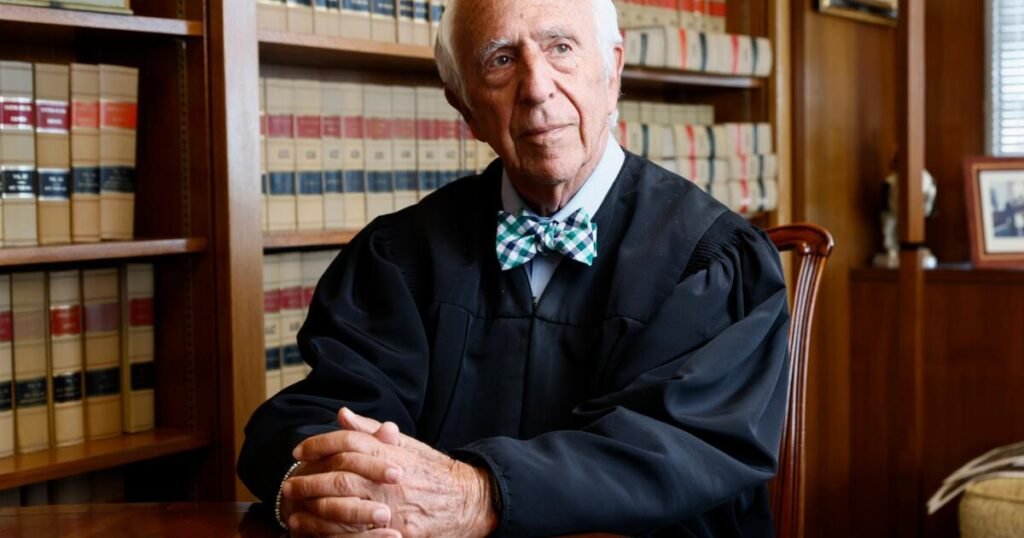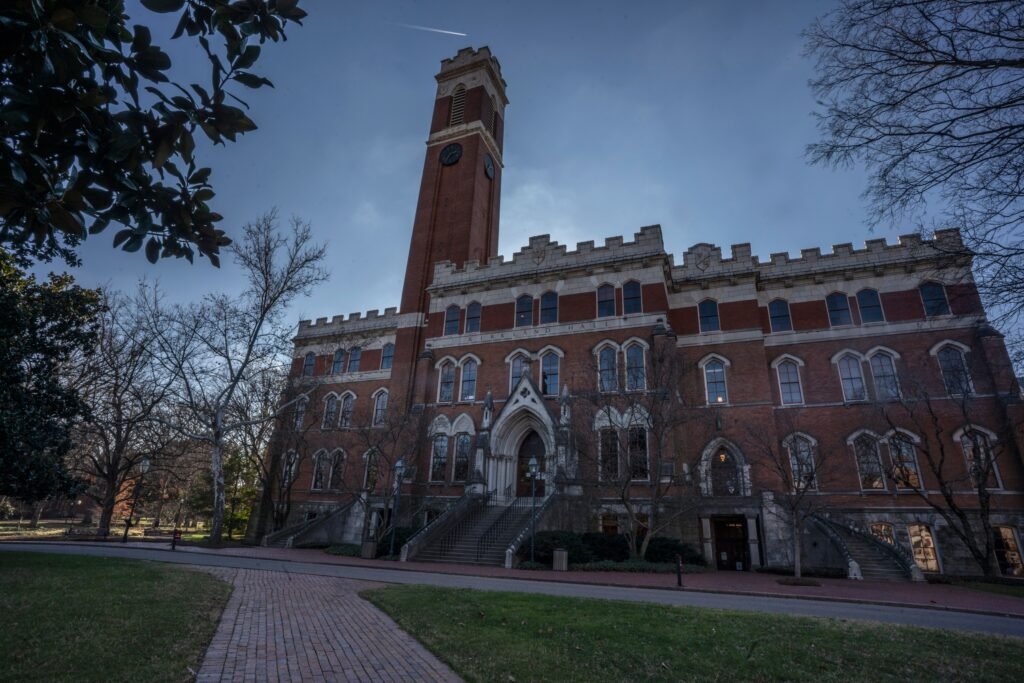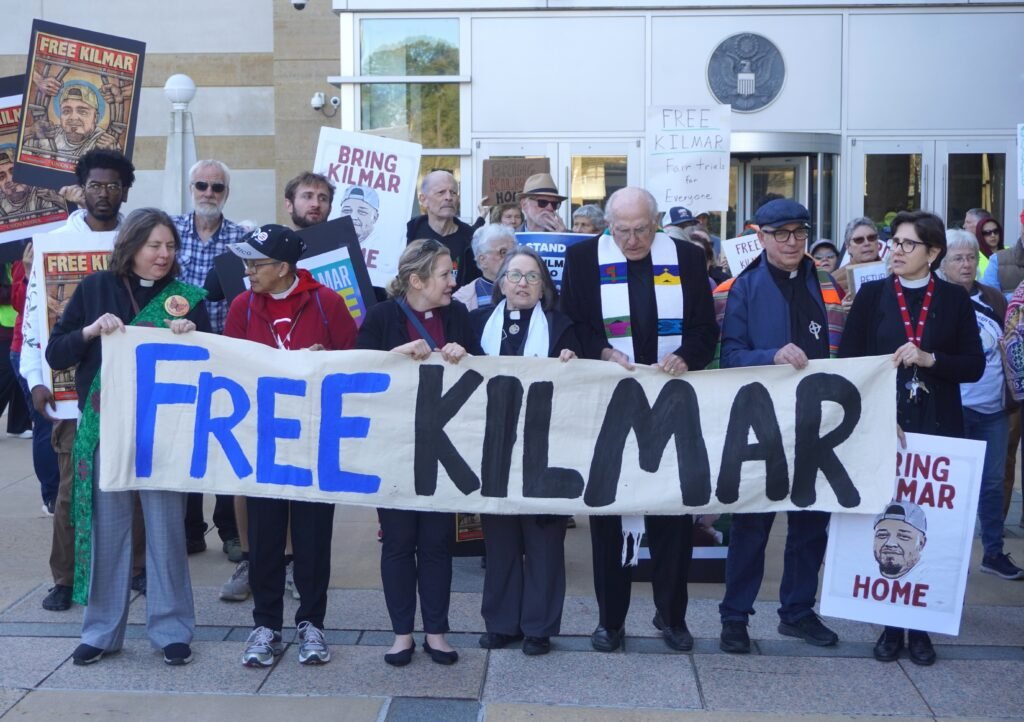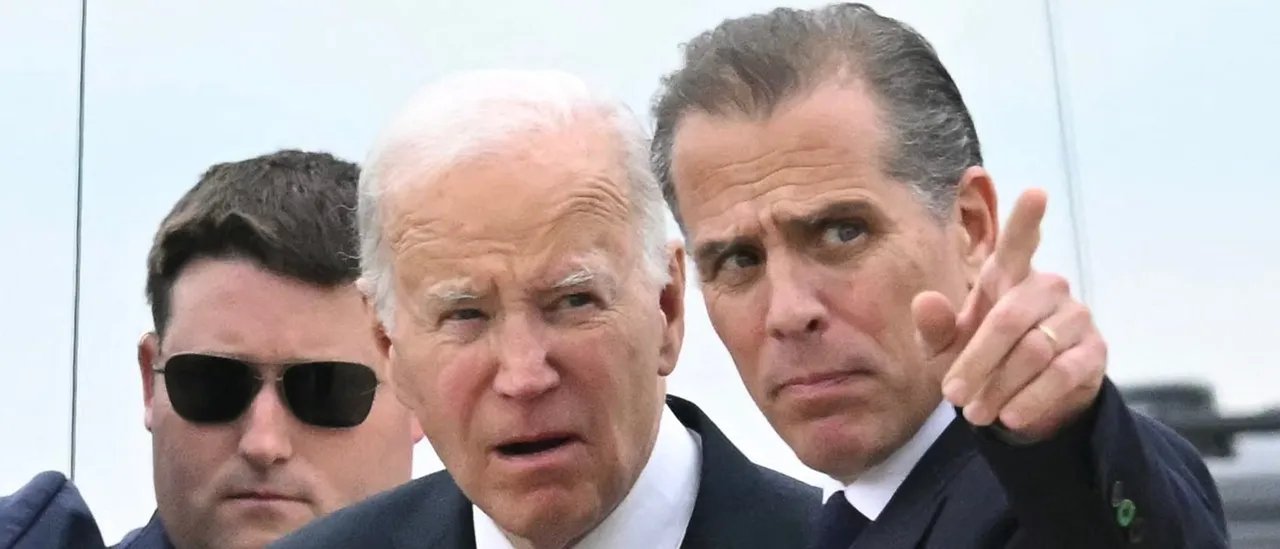Federal Judge Limits Military Involvement in Civilian Law Enforcement
A federal judge in San Francisco has prohibited soldiers from aiding in immigrant arrests and other civil law enforcement actions in Southern California. This decision, which will come into effect on September 12th, addresses concerns over what the judge referred to as a burgeoning “presidential national police” force.
In a detailed 52-page ruling on Tuesday, Senior Judge Charles R. Breyer ordered the administration to refrain from “deploying, ordering, directing, training or using” the so-called “Californian Armed Forces” in civilian law enforcement roles.
During a previous trial, Breyer questioned the need for the National Guard’s ongoing presence, asking, “What is the threat today? What was the threat that justified it yesterday or two weeks ago?” His inquiry suggested a desire to explore the limitations on the use of federal military forces.
The government has dismissed the California lawsuit as lacking merit and pledged to contest the ruling.
This judgement comes at a time when hundreds of troops were already patrolling the US capital following a directive aimed at controlling crime in Washington, DC. There are concerns that thousands of additional forces might soon be deployed to other American cities.
Currently, about 300 soldiers remain on the streets of Los Angeles, where National Guard troops and Marines were sent in early June to suppress intense protests concerning immigration issues.
Judge Breyer’s order imposes strict limitations on the actions of remaining troops. The Justice Department plans to appeal the ruling shortly, and it is likely the Ninth Circuit will pause its enforcement until a decision is reached later this month.
Legal experts indicate that the outcome of this judicial dispute may establish important precedents, but there are worries about potential implications for future military involvement in urban areas.
If Breyer aligns with Governor Newsom against Trump’s administration, it could create a framework for using the National Guard and possibly military forces, according to Mark P. Nevitt, a law professor at Emory University.
Governor Gavin Newsom has previously challenged the expansion of presidential power, having filed a lawsuit against Trump over military deployments earlier this summer.
In a ruling on June 9, Breyer had aimed to strip the president of federal command over troops, asserting he had exceeded his authority under a specific section of U.S. law. The Ninth Circuit quickly reversed this, asserting the president’s broad discretion within the country.
Breyer’s rulings reflect a concern about the executive branch’s use of the military to bypass political challenges, according to Nevitt, who remarked that Trump’s administration seems to be testing how far it can stretch its authority.
Now, the Court of Appeals must discern whether the same presidential discretion, which is grounded in a 19th-century law limiting military enforcement of civil law, applies to a potential violation of the Posse Comitatus Act.
The Justice Department contends that nearly any actions undertaken by soldiers to “protect” law enforcement when called upon by the president is permissible.
“Are you saying that because the president says so?” Breyer questioned, highlighting concerns over the potential for an expansive interpretation of presidential authority.
At times, Breyer characterized the government’s rationale as possessing a sort of “Alice in Wonderland” logic, suggesting it evaded necessary legal frameworks.
While administrative lawyers suggested that Trump could not face legal challenges for purportedly violating laws, Breyer pointed out an absence of remedies available under such a framework.
The ambiguity surrounding these legal issues remains a topic of considerable debate.
Some experts believe this case presents an opportunity to provide clarity around previously murky legal stipulations governing military involvement in civilian affairs, while others express concerns regarding the ramifications of such precedents.
The trial also unveiled unexpected details about controversial military actions in Southern California this summer, including testimony from Major General Scott Marshall Sherman regarding Border Patrol’s plans for Father’s Day and concerns over crowd safety.
Experts note that President Trump has been advocating for a military presence in U.S. cities since his first term and that this situation raises fears about the militarization of civilian law enforcement.
“You might think Trump is looking to Lincoln,” said law professor Eric J. Segall, highlighting the historical parallels drawn by some regarding military use.
Trump has previously voiced intentions to replicate military deployments observed in cities like New York and Chicago.
For Judge Breyer, the implications of such actions are fundamentally significant. “What limits are there on national policing?” he asked, emphasizing the need for defined restrictions.







